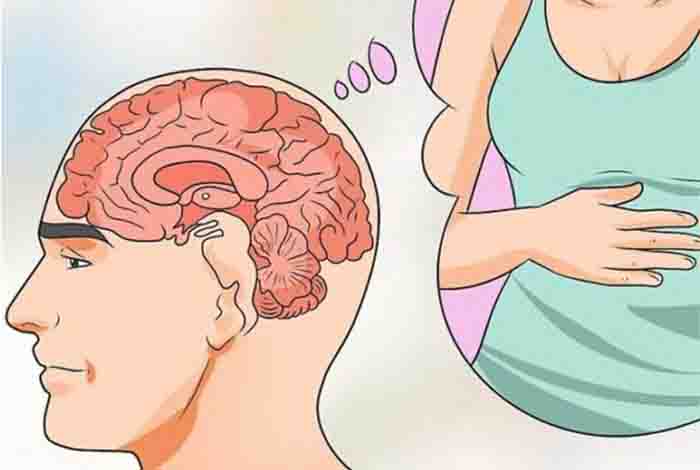
Surprisingly, Hunger Can Actually Relieve Pain!

Well, most of us won’t believe, but pain is actually friendly. Did you ever notice that it is just the pain that always reminds us that something is wrong within or around us? And, at the same time, warns us that we should avoid such situations. Have you ever been too close to bonfire or hurt yourself? Obviously, yes! And, so, you must be pretty aware of what pain is. Thus, in a way, it informs us to be careful when we do different things, such as being inattentive while chopping vegetables may hurt the fingers, which may trigger pain. It may surprise you but hunger actually can relieve pain. Let’s explore more…
A recent research, conducted by neuroscientists at the University of Pennsylvania, showed that chronic pain got suppressed in hungry animals, who made efforts to search for food and survive.[1] The study aimed at approximately 300 cells in the brain that are responsible for prioritizing the urge for food to sate the hunger over the need to relive pain. According to scientists, these group of neurons may prove beneficial for developing new pain treatment approaches.
Amber L. Alhadeff, a researcher of the study, said that in opposition to her team’s expectation, the study animals were found to be more concerned about getting nutrition from the food than overcoming the sensation of pain due to injury.
In an attempt to know how hunger is linked to pain sensation, the researchers assessed what was the response of mice, who had not eaten for the last 24 hours, towards pain. When compared with the control group, who were well fed, the hungry mice simply ignored pain caused by inflammation.
It is thought that the chronic pain due to inflammation is caused by neural circuits present within the brain. The scientists also found that these mice did not even move from the location, where they got the pain.
This developed curiosity among the research team about which brain section is responsible for the connection between pain and hunger. Hence, they further analyzed agouti-related protein (AgRP) neurons that induce hunger and discovered that the mice did not react much to the chronic pain, but retained their response to acute pain. From further research, it was revealed that stimulating just a few hundreds of AgRP neurons suppress inflammatory pain. It is indeed a surprising discovery that out of billion neurons in the brain, only 300 neurons are involved in pain suppression.
Additional research indicated that restricting the neurotransmitter, NPY, responsible for hampering the reaction to inflammatory pain, reversed the hunger effect. Consequently, the mice started to feel the pain.
The researchers opined that if performed on human subjects, this study can open path for developing new ways to manage chronic pain due to severe injury. Until now, this type of pain is majorly treated using opioid medications.
Fortunately, you don’t have to rely on medicines every time to get relief from chronic pain. Discussed below are some natural ways to manage such pain:
Exercise: Dr. Charles Kim, a medical acupuncturist, mentions that physical exercises or working out secretes endorphins – a natural painkiller – in our body They increase pain tolerance and interact with brain neurons to alter pain perception.
Fish Oil: In a study, most patients suffering from back, neck or shoulder pain, who regularly consumed 1,200 mg fish oil with eicosapentaenoic and docosahexaenoic acid for 75 days stopped using pain medications. Fish oil contains omega-3 fatty acids that have anti-inflammatory effects and help reduce pain.
Turmeric: In a study, when turmeric along with Devil’s claw and bromelain was given to patients indicated relief from pain due to osteoarthritis. The patients took 650-milligram capsules 2-3 times a day. Curcumin is the main ingredient in turmeric, which reduces inflammation.










